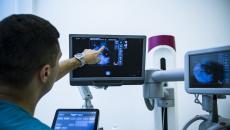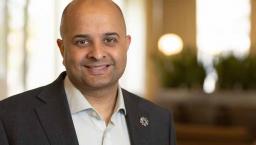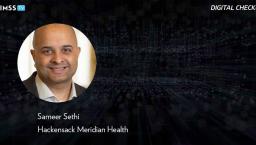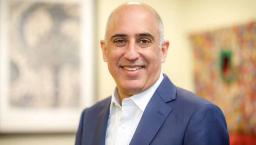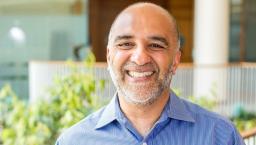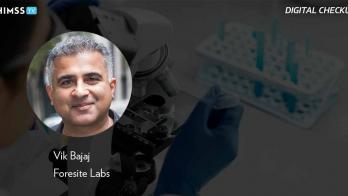Artificial Intelligence
Hong Kong's Health Bureau has added pathology reports viewing functionality to its mobile health application.
A study published in the European Journal of Cancer says inaccurate results and misdiagnoses could occur if diverse populations are not included in clinical research.
Chief Data and AI Officer Mouneer Odeh says work on artificial intelligence is like a snowball going downhill – over the next five to 10 years it will build and build until the scale of the impact meets what healthcare requires.
Also: Three partners will combine advanced analytics, social risk assessments and actuarial validation to measure the impacts of SDOH interventions.
The University of California at San Francisco's overarching goal was not to replace human judgment but to enhance it – allowing oncologists to focus on personalized treatment rather than spending valuable time retrieving and verifying information.
Almost 20% of healthcare workers polled recently said they spend more than 20 hours per month correcting billing errors. Artificial intelligence can help, but adding automation to billing systems is no easy task.
Its newest report tracking rates of artificial intelligence adoption shows significant maturity in large acute care providers. Key use cases include clinical decision support, documentation automation and workflow efficiency.
The kidney care provider's build-not-buy effort has shown great results: 30-day readmissions are down 36%, hospitalizations among high-risk patients are down 49% and optimal starts are up 67%.
"On average, only half of patients with chronic disease adhere to their care plans and medications as instructed," says one doctor. "Patients expect on-demand support, and that is not how most health systems operate today."
The EHDS promises to advance access to large data sets for research and public health decisions – and ideally enable personalised patient care. AIDAVA was launched to make the latter possible by helping curate and publish individual health data using AI.


